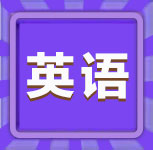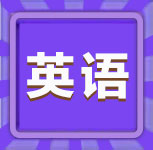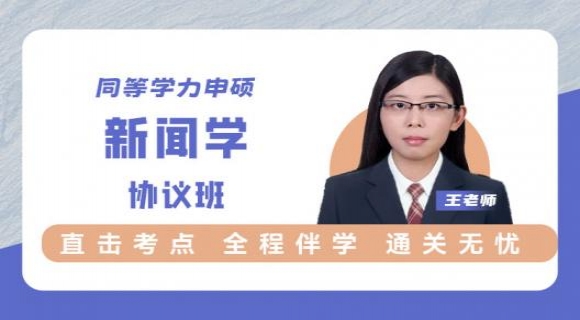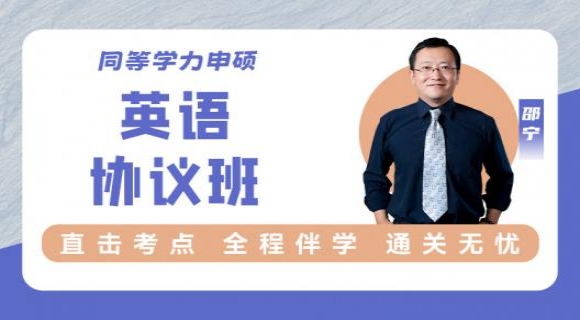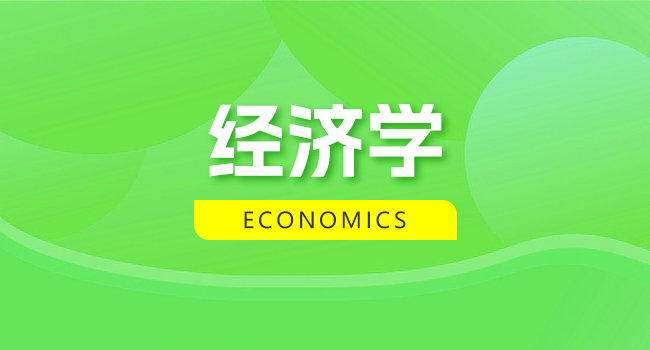
In the following text, some sentences have been removed. For Questions 1-5, choose the most suitable one from the list A-E to fit into each of the numbered blanks. Mark your answers on ANSWER SHEET.
A fascinating new study reveals that Americans are more likely to call their children “intelligent,” while European parents focus on happiness and balance.
Here’s what one parent had to say about the intelligence of her 3-year-old, which was apparent to her from the very first moments of her life:
“I have this vivid memory, when she was born, of them taking her to clean her off... And she was looking all around... She was alert from the very first second... I took her out when she was six weeks old to a shopping mall to have her picture taken- people would stop me and say, “What an alert baby.” One guy stopped me and said, “Lady, she was an intelligent baby.”
Not only are Americans far more likely to focus on their children’s intelligence and cognitive skills, they are also far less likely to describe them as “happy” or “easy” children to parent.
“The U.S.’s unhealthy interest in cognitive development in the early years overlooks so much else,” the researchers told us.
Comment 1:
Probably indicates more about differences in cultural attitudes towards humility and boasting than about parenting styles. Here in the Netherlands if someone called their child “intelligent” I’d be rolling my eyes, both because it’s probably biased and overstated and because it’s just a rotten thing to draw attention to; as if it’s all about whose child is “Better”. Life isn’t that much of a damn contest to us.
Comment 2:
Agreed! That would apply in Sweden too. Parenting is more focused on the child’s well-being than social competition (there may be pressures here too, but it is not socially acceptable to express those things).
Comment 3:
I agree and I live in the U.S. Parent’s opinions of their children’s intellect are definitely bias-ed and overstated. It is the most annoying thing to listen to. Being “advanced” at a young age has little if anything to do with their ability to learn as they get older and EVERY child is a genius if you give them a chance and an ear to listen to them. The happier the kid is, the smarter they will be. Happy and healthy is key.
1. The passage is mainly concerned with cultural differences in _____.
A. bringing up one’s children
B. describing one’s children
C. social contests
D. choosing a place to live in
2. The word “alert” (Para. 3) is closest in meaning to “_____.”
A. intelligent
B. easy-going
C. quick at noticing things
D. happy
3. According to Comment 1, in the Netherlands, calling one’s own child “intelligent” is_____.
A. boasting
B. acceptable
C. encouraging
D. reasonable
4. What nationality is the writer of Comment 2?
A. Dutch.
B. American.
C. Swedish.
D. French.
5. All of the following are true of Comment 3 EXCEPT that _____.
A. it agrees with all the other comments
B. being happy and healthy is important
C. being intelligent at a young age makes no sense
D. children’s intellect varies from person to person

1. 【答案】B
【考点】主旨概括
【解析】 文章主要关注哪些方面的文化的差异?
本文主要讲述不同国家的人对孩童的描述用词揭示的文化态度不同。所以选答案B项“描述孩子”。
【误项排除】A项“养育孩子”,C项“社会竞争”,D项“选择生活居住地”都不符合本段意思。
2. 【答案】C
【考点】语义推断
【解析】 第三段的“alert” 与下面的个选项意思最接近。划线前后说孩子很警醒,很机灵。所以选答案C项“关注力强的”。
【误项排除】A项“聪明的”,B项“和蔼的”,D项“开心的”都不符合本段意思。
3. 【答案】A
【考点】细节推断
【解析】本题问的根据评论一,在荷兰,夸自己孩子聪明会怎样?
根据评论三第二句在荷兰,如果有人称自己的孩子‘聪明’,我会翻白眼,因为这是有偏见的、夸大的说法,同时也是不值得关注的、老掉牙的说法,仿佛全世界都关注于谁家的孩子更好。所以选答案A项“自夸”。
【误项排除】B项“可接受的”,B项“鼓舞人心的”,D项“合理的”都不符合本段意思。
4. 【答案】C
【考点】细节推断
【解析】本题问的评论2的作者的国籍是哪国?
根据评论二第一句 同意。在瑞典也是这样。所以选答案C项“瑞典人”。
【误项排除】A项“荷兰人”,B项“美国人”,D项“法国人”都不符合本段意思。
5. 【答案】D
【考点】细节推断
【解析】本题问的根据评论三下面正确的除了?
评论三中提到我同意。我也生活在美国父母对孩子智力作用夸大的观念中。这听上去真令人厌烦。小时候超前与长大以后的学习能力没什么关系。如果你给每个孩子机会并倾听他们的心声,每个孩子都是天才。孩子越快乐,他们就越聪明。快乐和健康是关键。所以选答案D项“孩子的智慧因人而异”符合题意。
【误项排除】A项“同意其他的评论”,B项“快乐贺健康是重要的”,D项“小时候聪明是没有意义的”都不符合本段意思。





